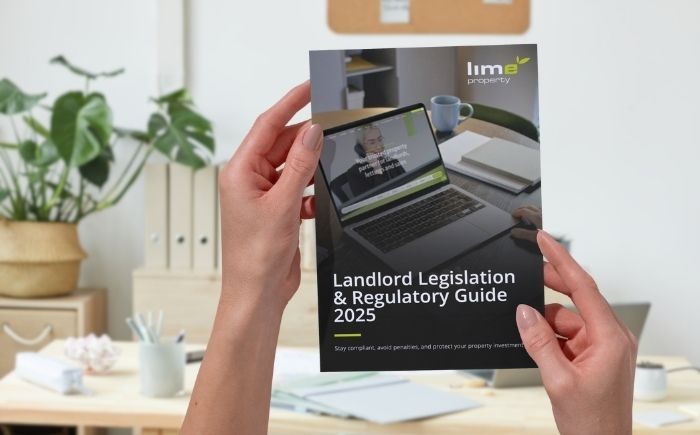.png)
The UK property market has seen a flurry of activity recently, with inflation hitting a three-year low of 2.3%, a modest 0.7% annual increase in property prices, and speculation of a base rate cut in June. However, the announcement of a snap general election on 4th July by Rishi Sunak has introduced uncertainty into the market.
Historically, elections create market uncertainty, affecting buyer and seller confidence. Here’s how the upcoming election might impact the UK property market:
1. Market Uncertainty
- Pre-Election: Expect a slowdown in transactions as people adopt a ‘wait-and-see’ approach.
- Post-Election: Market response depends on the perceived stability of the new government. A clear majority can boost confidence, whereas a hung parliament can prolong uncertainty.
2. Policy Announcements
- Housing Policies: Changes in property taxes, stamp duty, affordable housing initiatives, and rental market regulations directly impact buyer behavior and property prices.
- Taxation and Spending: Broader fiscal policies affect economic growth and consumer confidence, influencing the property market.
3. Economic Outlook
- Confidence and Investment: A business-friendly government can boost investor confidence, while policies perceived as harmful to economic growth can dampen investment.
- Interest Rates: Economic policies influence interest rate expectations, affecting mortgage costs and property market activity.
4. Regulatory Changes
- Planning and Development: Easing planning restrictions can increase housing supply and stabilize prices.
- Rental Market: Regulations affecting landlords and tenants can influence investment decisions and rental prices.
5. Regional Variations
- Policies may impact regions differently, with initiatives like the Northern Powerhouse potentially increasing investment in specific areas.
Recent data suggests that despite the election, market activity remains strong. A survey by Savills in April found 79% of respondents’ moving plans were unaffected by the election, with some even more committed to moving.
Political uncertainty appears to have less impact now than in the past decade, partly due to the centrist positions of the two main parties. Significant market impacts would likely require major policy changes, which seem unlikely.
Historical trends indicate that pre-election uncertainty is short-lived, with market momentum often picking up post-election. Research by Dataloft shows price increases typically slow after elections but resume shortly after.
For buyers and sellers, understanding these dynamics can aid in making informed decisions. If you have questions or need advice, please contact us at Lime Property. We’re here to help you navigate the property market effectively.




